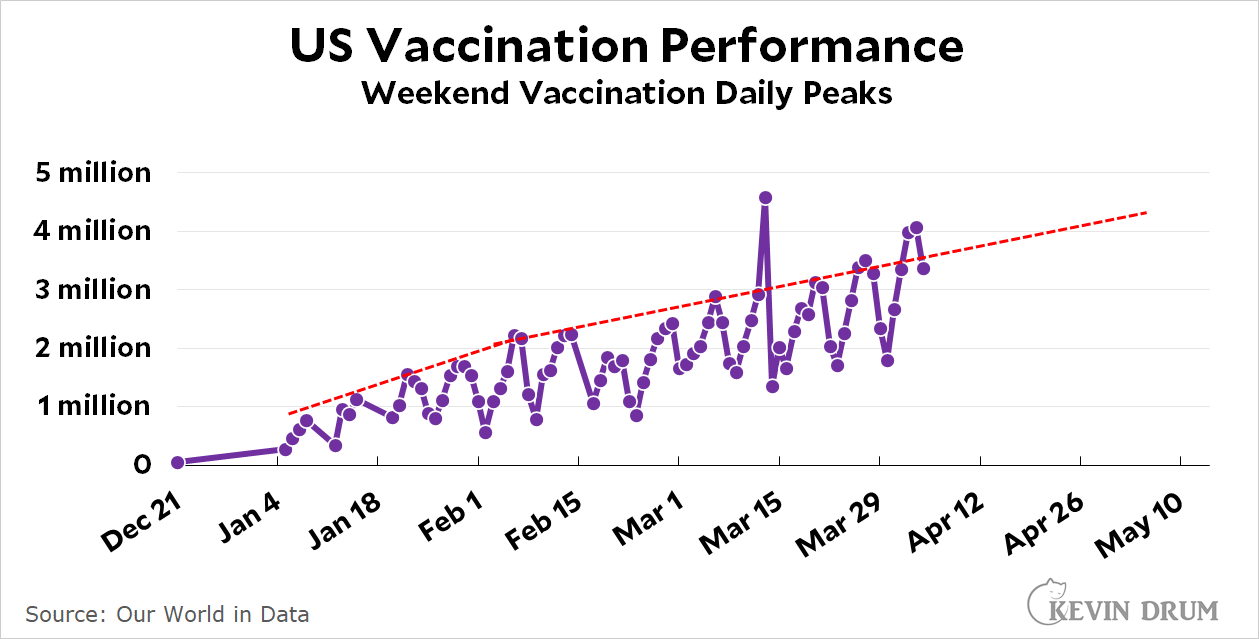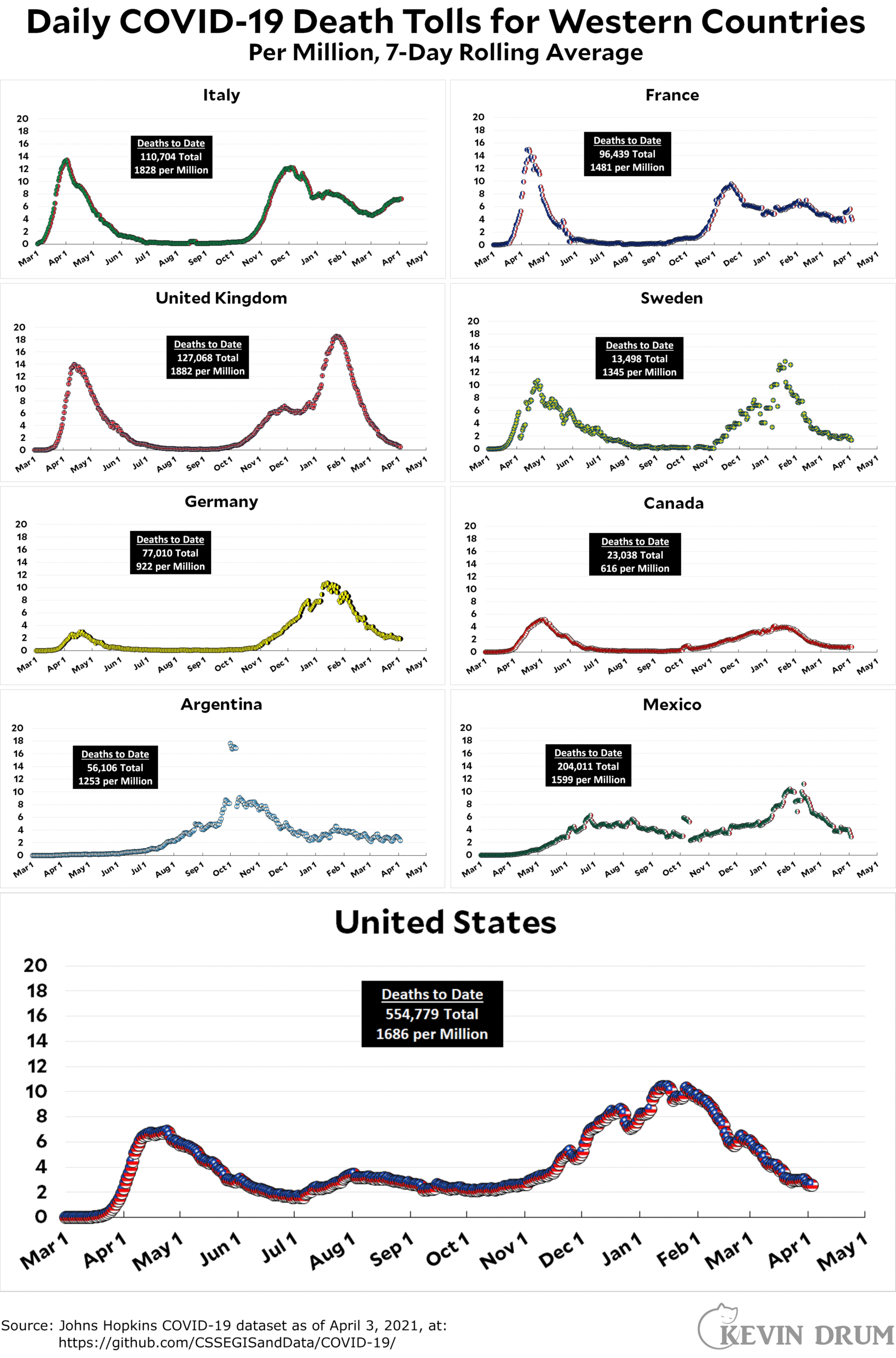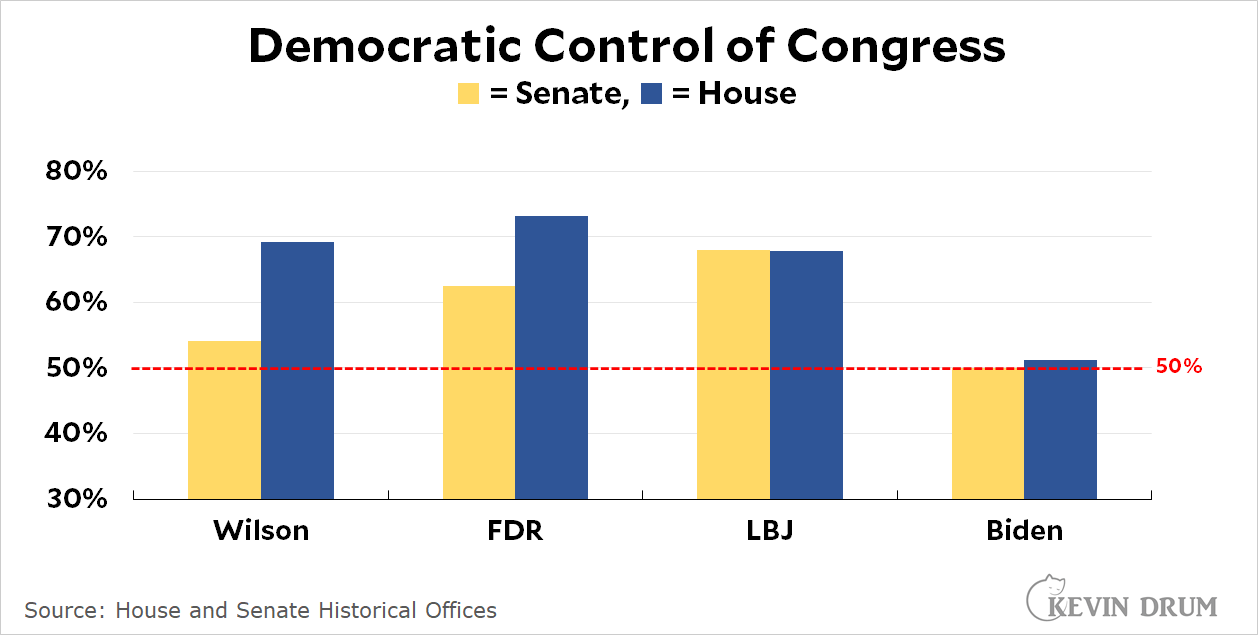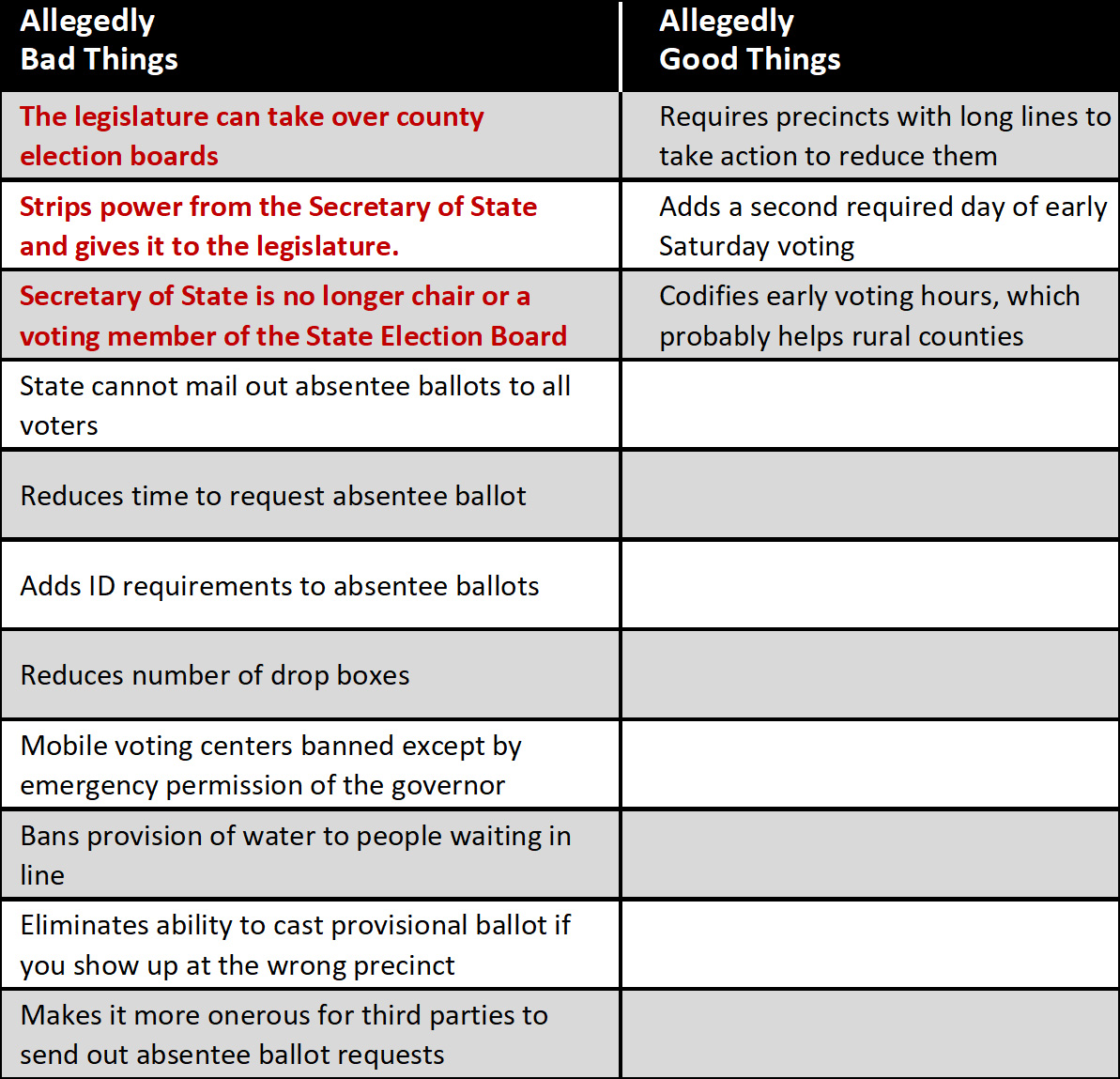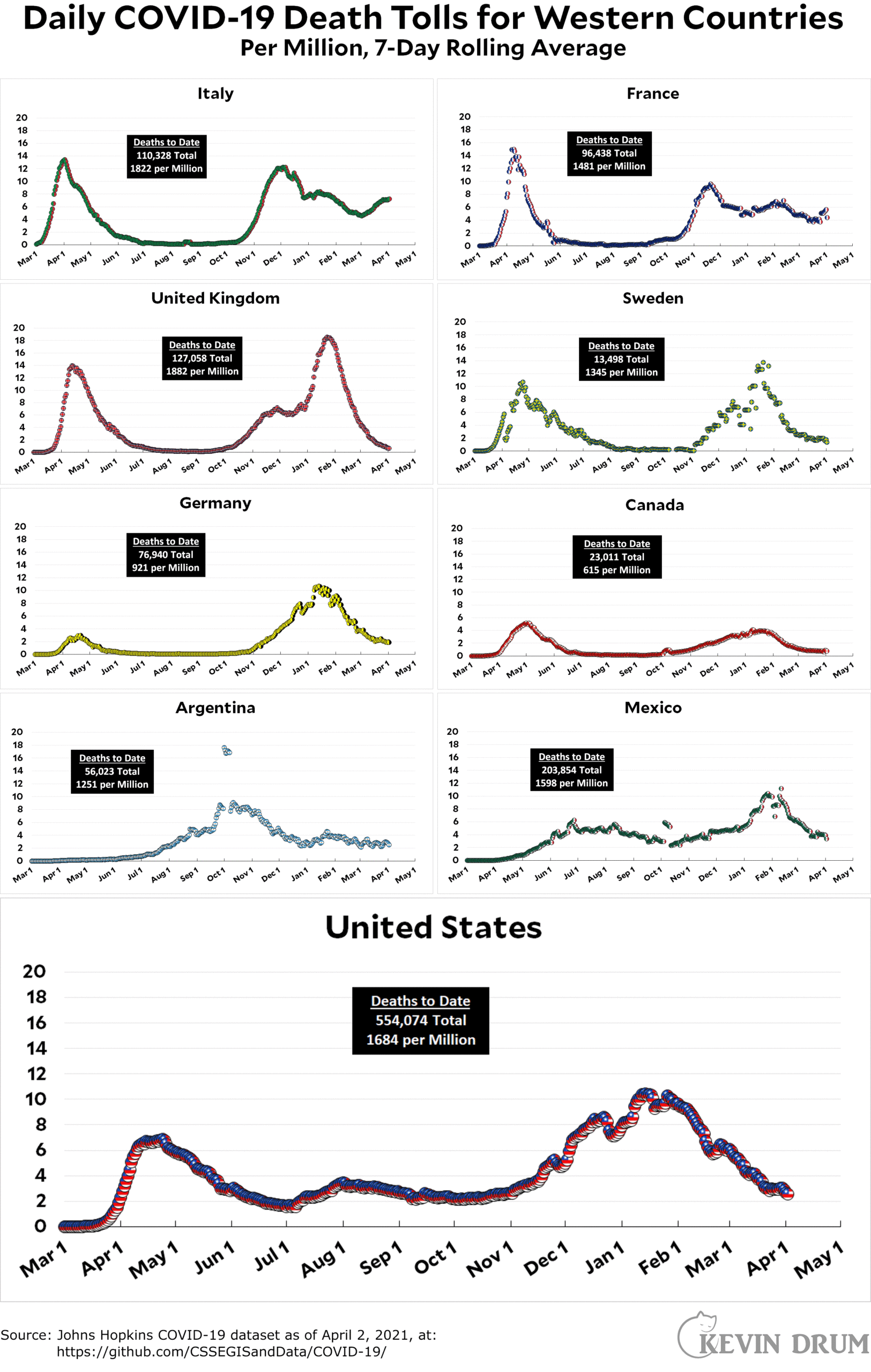I've written before about the impact of education on racism. There's considerable evidence that many—but not all—systemic effects of racism are really effects of systemically poor education. Black students, on average, graduate from high school reading at about a 9th grade level, and this hamstrings them throughout the rest of their lives.
Here's another example from a recent study:
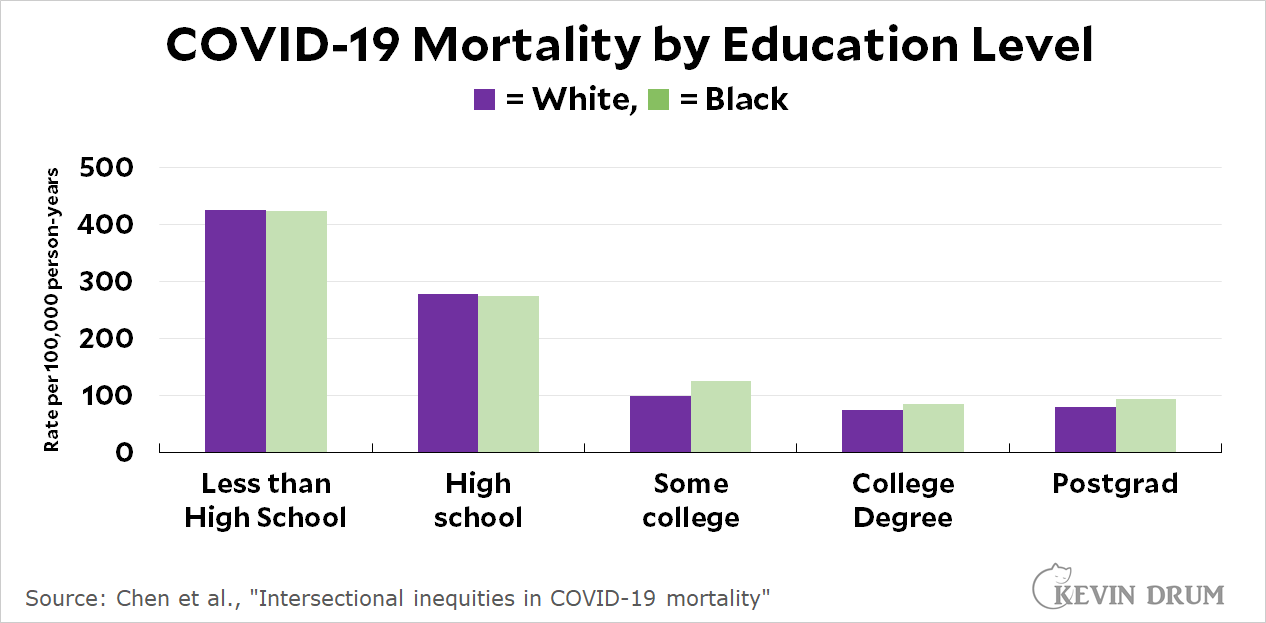
We all know that COVID-19 mortality is higher in Black communities than in white communities. But this study, which examines 400,000 death certificates and stratifies them by education, presents a different picture. Race continues to have an impact, but once you account for education it turns out that mortality rates are pretty similar among both Black and white people.¹
More generally, the authors conclude that education has a huge impact on COVID-19 mortality rates, as the chart above makes clear. Roughly speaking, high school grads die at a rate 3x higher than college grads, and this is true for every racial group.
This is purely an observational study. It presents the data but doesn't attempt to ascertain why low education levels are so deadly. There are some obvious possibilities—poor access to health care, crowded neighborhoods, inability to work from home, etc.—but concrete answers will have to wait for further research.
¹The study also includes other racial groups. Compared to white people, mortality rates are higher for Native Americans and lower for both Hispanics and Asian Americans.

